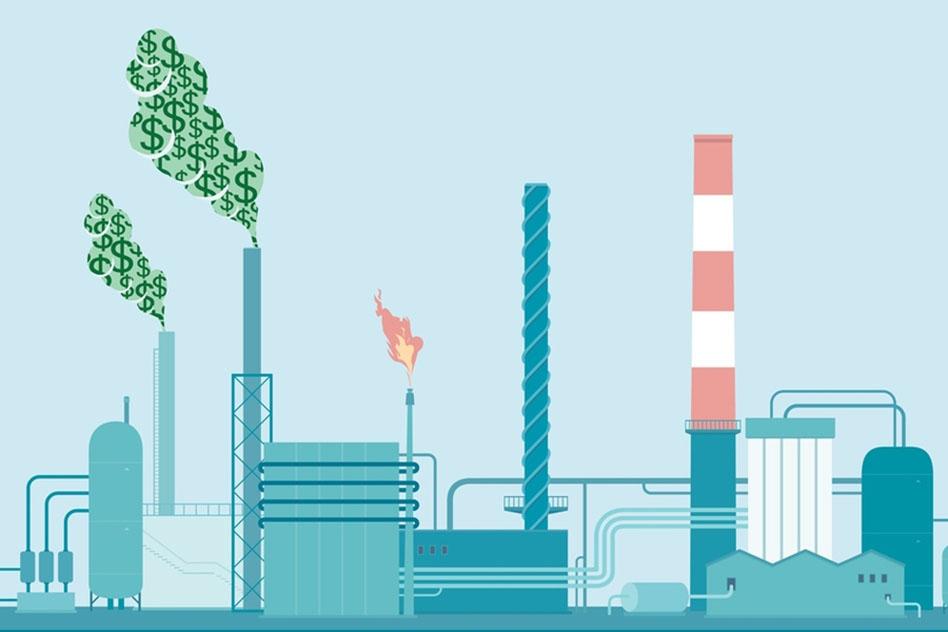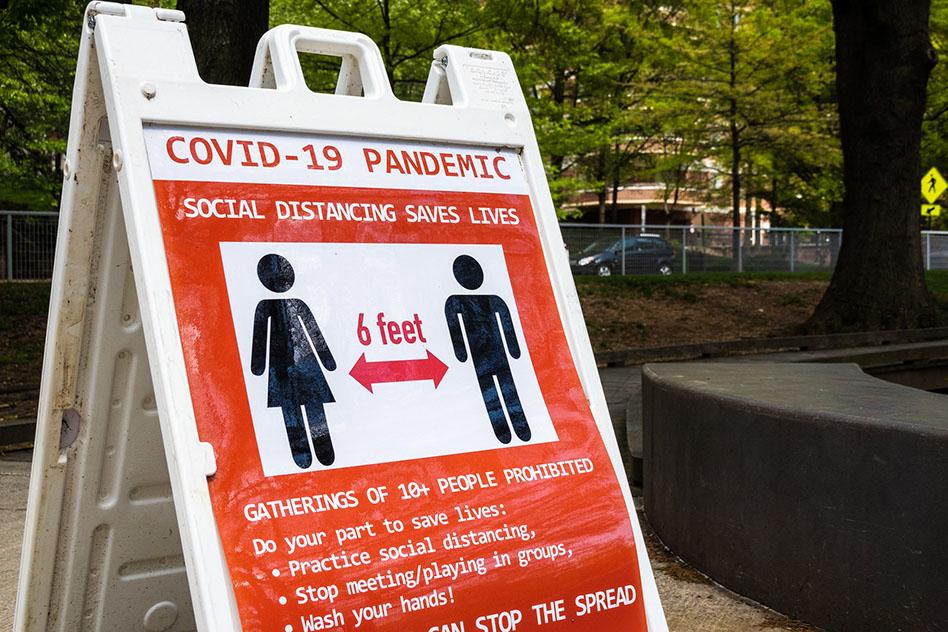News + Media

Pablo Jarillo-Herrero, Aviv Regev, Susan Solomon, and Feng Zhang are the recipients of distinguished awards for major contributions to science
Four MIT scientists are among the 20 recipients of the 2021 Academy Honors for major contributions to science, the National Academy of Sciences (NAS) announced at its annual meeting. The individuals are recognized for their “extraordinary scientific achievements in a wide range of fields...

Business closures. Travel restrictions. Working and learning from home. These and other dramatic responses to Covid-19 have caused sharp reductions in economic activity—and associated fossil fuel consumption—around the world. As a result, many nations are reporting significant reductions in...

As the United States transitions from one administration bent on rolling back climate regulations to another that aims to accelerate climate action, it seems as good a time as any to take stock. What do scientists understand about today’s climate; how much worse are hurricanes, wildfires, heat...

Proposed design could reduce nitrogen oxide emissions by 95 percent, a new study finds
At cruising altitude, airplanes emit a steady stream of nitrogen oxides into the atmosphere, where the chemicals can linger to produce ozone and fine particulates. Nitrogen oxides, or NOx, are a major source of air pollution and have been associated with asthma, respiratory disease, and...

The ‘carbon dividend’ is so elegant that it seems too good to be true. Governments should make it a post-pandemic priority
Tue 5 Jan 2021 03.00 EST

Adding the essential but missing risk management considerations to the next national climate assessment is an important step for the incoming Biden administration
Imagine a major climate change law passing the U.S. Congress unanimously? Don’t bother. It turns out that you don’t need to imagine it. Get this:
The Global Change Research Act of 1990 was passed...

Researchers identify a mechanism by which small particles in the atmosphere can generate more frequent thunderstorms
Observations of Earth’s atmosphere show that thunderstorms are often stronger in the presence of high concentrations of aerosols — airborne particles too small to see with the naked eye.
For instance, lightning flashes are more frequent along shipping routes, where freighters emit...

MIT serves as a laboratory for a multifaceted approach to address the Institute’s own contributions to climate change
Nicole Morell | MIT Office of Sustainability
Publication Date:
December 18, 2020
In 2015, MIT set a goal to reduce its annual greenhouse gas emissions by a minimum of 32 percent by the year 2030. Five years later, the Institute has reduced emissions by 24 percent, remaining...

New study suggests waters will become more turbulent as Arctic loses summertime ice
Eddies are often seen as the weather of the ocean. Like large-scale circulations in the atmosphere, eddies swirl through the ocean as slow-moving sea cyclones, sweeping up nutrients and heat, and transporting them around the world.

For much of 2020, Covid-19 has captured the world’s attention. The pandemic has impacted billions of lives, and with over a million deaths and counting, continues to drive home a profound message that the survival and well-being of our growing and complex society hinges on our willingness to...

